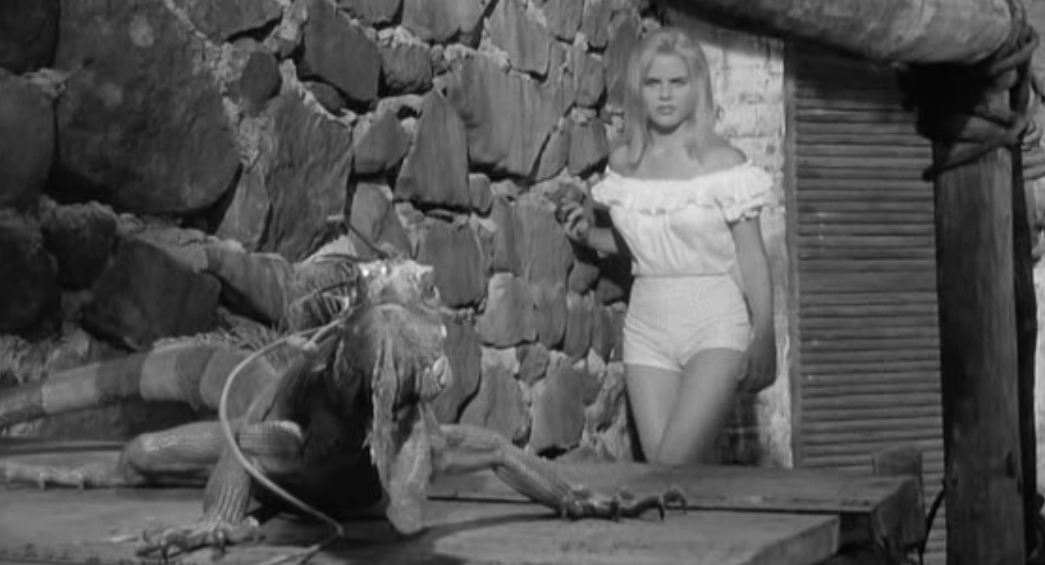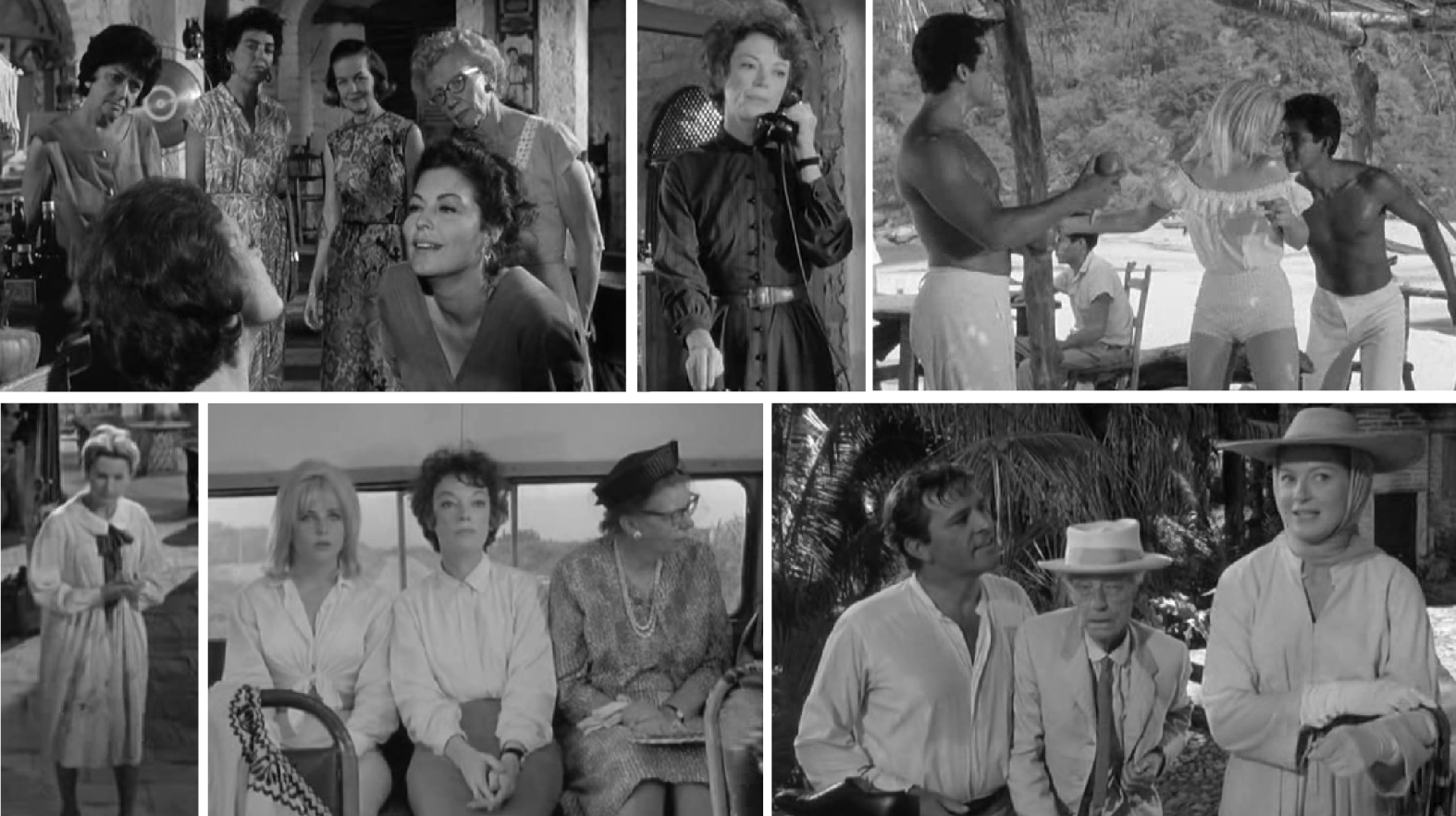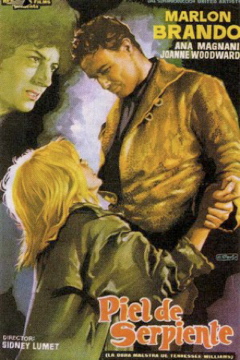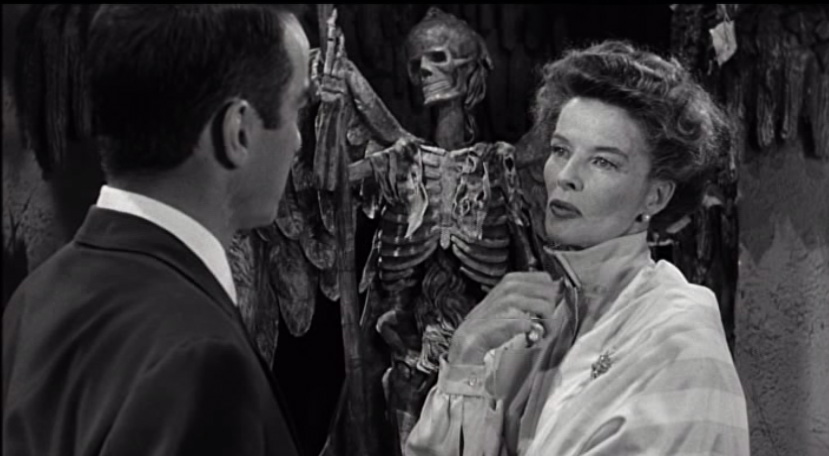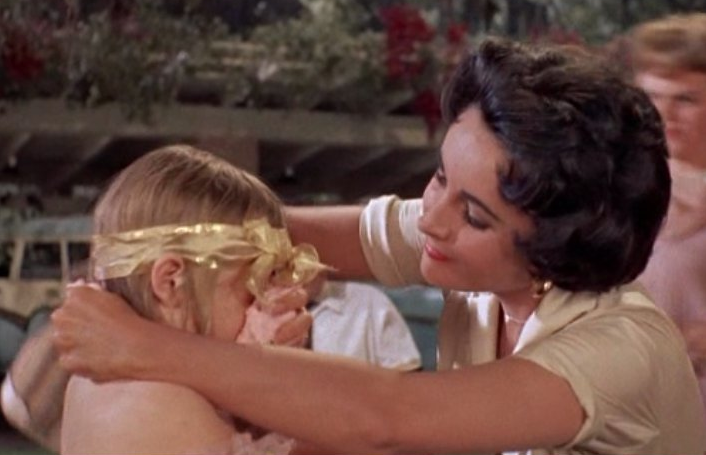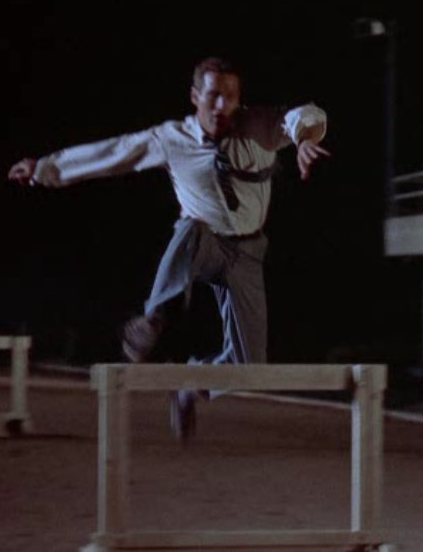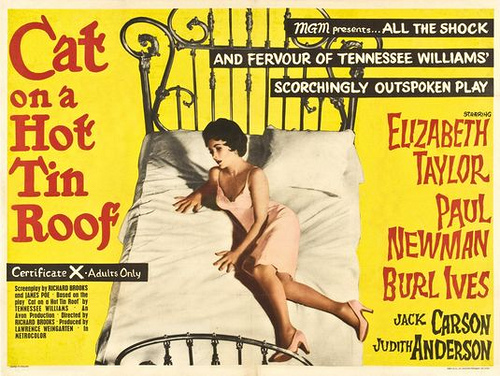Tennessee 100: Night of the Iguana
 Friday, March 25, 2011 at 8:00AM
Friday, March 25, 2011 at 8:00AM 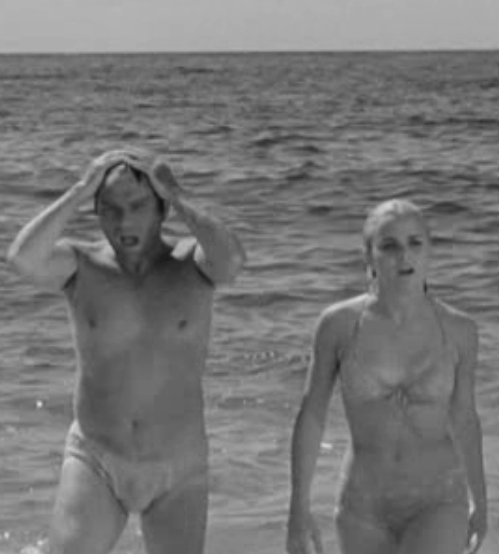 JA from MNPP here, continuing Tennessee Williams Centennial Week with a look at John Huston's 1963 film The Night of the Iguana. I chose Iguana because it's one of the few adaptations of Williams' work that I hadn't seen already, and because IMDb's summary made it sound torrid in the best Williams way. Defrocked priests and wanton teen girls and sapphic spinsters all flitting about a Mexican beach cut off from civilization? Yes please.
JA from MNPP here, continuing Tennessee Williams Centennial Week with a look at John Huston's 1963 film The Night of the Iguana. I chose Iguana because it's one of the few adaptations of Williams' work that I hadn't seen already, and because IMDb's summary made it sound torrid in the best Williams way. Defrocked priests and wanton teen girls and sapphic spinsters all flitting about a Mexican beach cut off from civilization? Yes please.But truth be told, I found the film a little wanting, not wanton. Richard Burton's in full bluster, screaming and sloshing about as the drunken ex-man-of-the-cloth Shannon, Deborah Kerr barely registers as the sexless traveling painter he's too big a mess to end up with, and not a whole lot seems to gel.
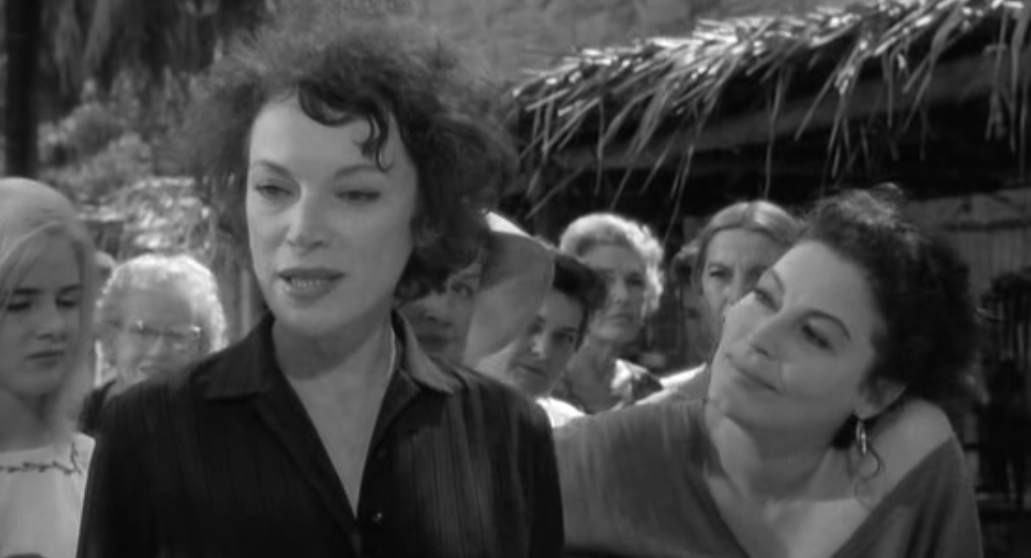
I was fond of Grayson Hall as the lesbian intent upon Shannon's destruction (she was nominated for an Oscar, but lost to Lila Kedrova in Zorba the Greek), and kind of loved Ava Gardner as Maxine, the owner of the motel where they all end up marooned who keeps a couple of cabana boys for herself...
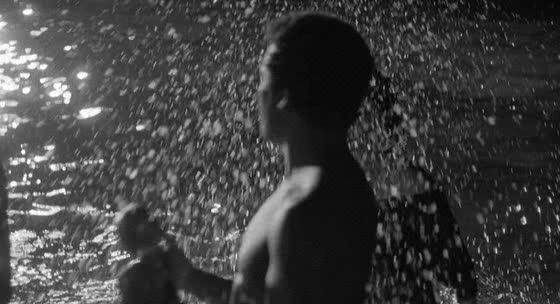
... but then, she was speaking my language. Bette Davis played the role of Maxine in the original staging of the play for four months before, according to her, her co-stars undercut her and she left the production and was replaced by Shelley Winters. I can picture both of them doing exquisite work in the role, but I really did like Ava Gardner here. (And scanning through Gardner's filmography I realize this is the first time I've ever seen her in anything!)

"By March 1964, months before the film's release, gossip about the film's production became the subject of a public parody when Huston received an Writers' Guild of America award for advancing "the literature of the motion picture through the years"; at a dinner where the award was presented, Allan Sherman performed a song, to the tune of "Streets of Laredo", with lyrics that included "They were down there to film The Night of the Iguana / With a star-studded cast and a technical crew. / They did things at night midst the flora and fauna / That no self-respecting iguana would do."
As you can tell, the stories surrounding the production are more interesting to me than the movie itself now. Perhaps the mega-quake that was Burton-Taylor was too strong a distraction to gel together an entirely satisfying, coherent film. Still there's some gorgeous black-and-white photography to be had...
